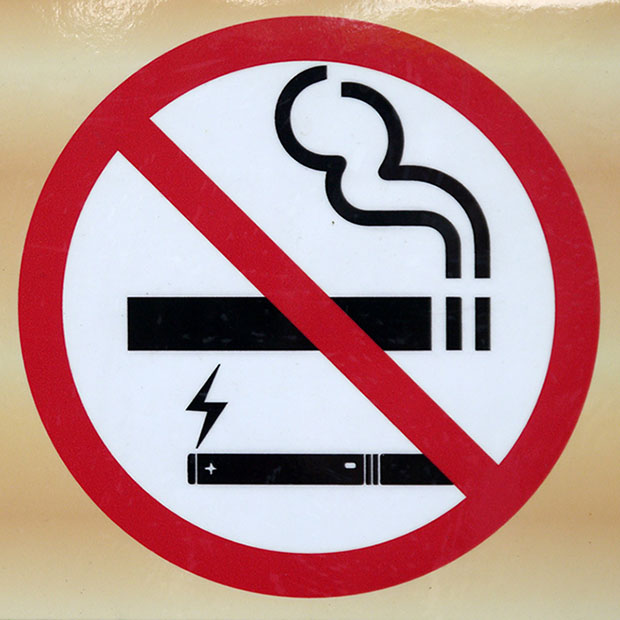The Impacts of Smoking on Eyesight

A smoking habit damages every organ and system in the body, including the eyes.
We typically think of lung cancer as the main health risk associated with smoking, and then maybe oral health problems next, but the parts of the body that have direct contact with the smoke aren’t the only ones hurt by it. As eye health professionals, we want to focus on what smoking does to our eyes and vision.
Smoking: A Major Risk Factor for Age-Related Eye Diseases
When it comes to smoking and eye problems, studies show a significant increase in the risk of developing everything from dry eye to cataracts, diabetic retinopathy, glaucoma, and age-related macular degeneration (AMD).
Smoking and the Risk of Cataracts
A smoking habit doubles the risk of cataracts, which are the world’s leading cause of blindness. Cataract symptoms include faded colors, blurred or double vision, light sensitivity, and poor night vision. Thankfully, cataract surgery is both common and safe, so the vision loss that results from cataracts doesn’t have to be permanent.
From Smoking to Diabetic Eye Disease
Eye problems like diabetic retinopathy obviously have a connection to diabetes. Because smoking increases the likelihood of developing diabetes by up to 40%, it makes the common health complications more likely too, and that includes retinopathy.
This sight-threatening condition involves weakened blood vessels in the retina (the lining at the back of the eye that contains the light-sensitive cells we need to see). These blood vessels can leak dark blotches into the field of vision and starve the retina of essential oxygen.
The Link Between Smoking and AMD
The macula is the part of the retina that gives us our sharpest, most detailed vision, and age-related macular degeneration is a condition in which the macula deteriorates over time, resulting in irreversible blindness. Smokers are three times more likely than nonsmokers to develop AMD, and beyond that, they’re more likely to get it earlier than nonsmokers too.
Smoking Doesn’t Only Harm Smokers
Smokers themselves may feel the worst of the effects of smoking, but it can hurt nonsmokers too through secondhand smoke, which raises the risk of heart disease, lung cancer, and stroke. For children, it can lead to asthma attaches, bronchitis, pneumonia, ear infections, and even an increased risk of SIDS.
Vaping: The Not-So-Safe Alternative
Many believe that vaping is a healthier alternative to smoking, but that’s not really true. Many of the chemicals in e-cigarette fluid have been linked with higher risks of the sight-threatening conditions we’ve discussed. The main point is that there is no healthy way to consume tobacco.
Break the Habit; Choose Healthy Vision
Many eye disease risk factors are ones we can’t do anything about, but that’s not true with smoking! Someone with a smoking habit can quit to reduce their risk, and someone who doesn’t smoke can continue avoiding tobacco products to keep their risk low. Other great steps we can take to promote healthy eyesight are eating healthy, getting regular exercise, and scheduling regular eye exams!